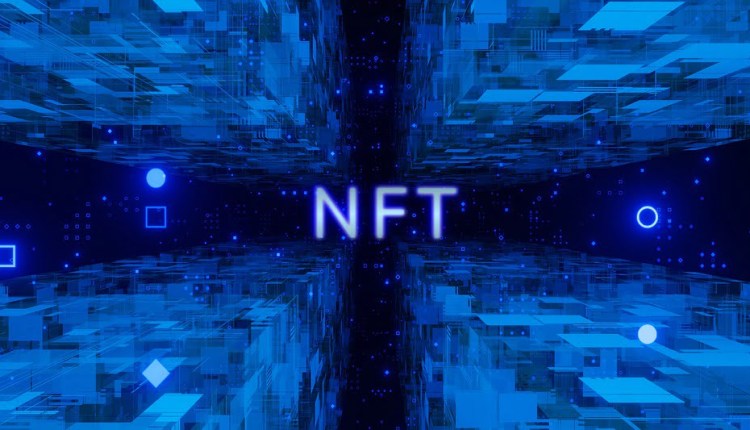Roofstock, a digital real estate marketplace, has announced it would facilitate the purchase of a home using a non-fungible token (NFT).
The transaction involving a $175,000 house in Columbia, South Carolina was the first USDC Homes lending pool sale enabled by onchain finance, according to a news release issued by RoofStock on October 18.
Under the arrangement, the sale was facilitated by Roofstock onChain (ROC), the Web3 subsidiary of RoofStock that enables fast transactions for single-family rental homes. The home was advertised on RoofStock’s Origin Protocol-based NFT marketplace.
“One of the cornerstones of Web3 is the elimination of middleman fees, and this is only the beginning. As more real estate is brought on-chain through NFTs, markets for these previously illiquid assets will become more efficient and liquid, according to Matthew Liu, co-founder of Origin Protocol.
Notably, Web3 wants to decrease conventional obstacles to the purchase of real estate by making the process faster, more transparent, and more affordable.
“Rather of waiting months for underwriting, appraisals, title searches, and deed preparation, I was able to purchase a completely title-insured, rent-ready property with a single click. Best of all, I am not a Web3 specialist”, said Adam Slipakoff, the purchaser.
The Teller Protocol will provide financing for future property purchases, with purchasers able to request up to 80% loan-to-value of the selling price of the NFT from USDC Homes, a Decentralized Finance (DeFi) lending pool managed on the Teller Protocol. Notably, the lending pool is not associated with the USDC stablecoin.
Teller has teamed with Polygon (MATIC) to facilitate loans while making use of the blockchain’s reduced gas expenses. In accordance with the loan program, USDC Homes permits clients to utilize Bitcoin (BTC) and Ethereum (ETH) as collateral. Intriguingly, while applying, the buyer may also supply non-blockchain information, such as their credit score.
In recent months, the usage of NFTs in real estate has expanded due to their rising popularity. However, tying NFTs to real-world assets still poses substantial fraud and scam concerns.
Also Read: The SEC is being flooded with amicus briefs in the Ripple and XRP lawsuit

